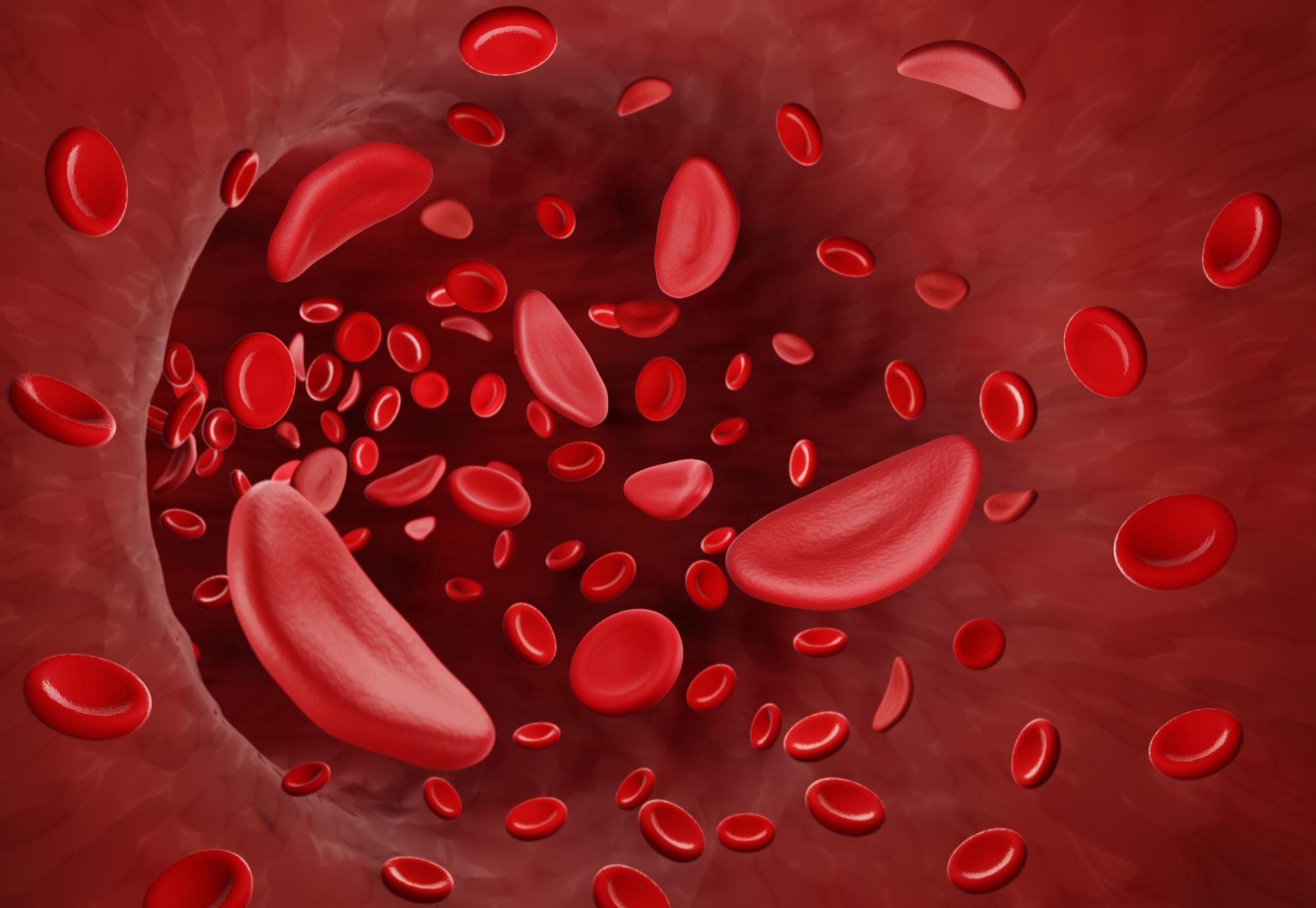Thousands of patients in England could seen see a new, potentially life-saving treatment for sickle cell disease offered to them on the NHS, after a deal was struck by the health service.
The first treatment for sickle cell disease to be agreed in over 20 years, the new drug – known as crizanlizumab – will be delivered by a transfusion drip and works by binding to a protein in the blood cells to prevent the restriction of blood and oxygen supply which can led to a state known as a ‘sickle cell crisis’.
People with sickle cell disease can endure these sickle cell crises multiple times a year, causing significant pain and often requiring hospital admission so that they can be given morphine to control the pain and prevent organ failure, which can be fatal.
In announcing the new deal, NHS Chief Executive Amanda Pritchard said the drug would help as many as 5,000 people over the next three years have a much better quality of life.
People with sickle cell often suffer monthly episodes, making it difficult to continue with everyday activities and regular jobs. A hereditary condition, it is much more prevalent among people from African or African-Caribbean origin.
Last year, NHS England established ten new dedicated centres to treat sickle cell disease across the country and patients will be able to access the new treatment through their consultant at one of these clinics.
The newly-struck deal ensures patients have earlier access to crizanlizumab than would otherwise have been possible, at a price which is fair for taxpayers.
Ms Pritchard said: “This is a historic moment for people with sickle cell disease who will be given their first new treatment in over two decades.
“This revolutionary treatment will help to save lives, allow patients to have a better quality of life and reduce trips to A&E by almost half.
“The NHS has agreed a deal for this drug, so we are able to provide the latest and best possible treatments for patients at a price that is affordable for taxpayers”.
Chair of the Sickle Cell Society, Kye Gbangbola MBA, added: “A new treatment brings new hope for people living with Sickle Cell Disorder (SCD), the world’s most common genetic blood condition.
“SCD is a ‘medical emergency’; it causes excruciating pain.
“This new treatment will reduce the number of agonising pain episodes we have to endure. The hope is improved quality of life for many living with the condition and their families”.



















